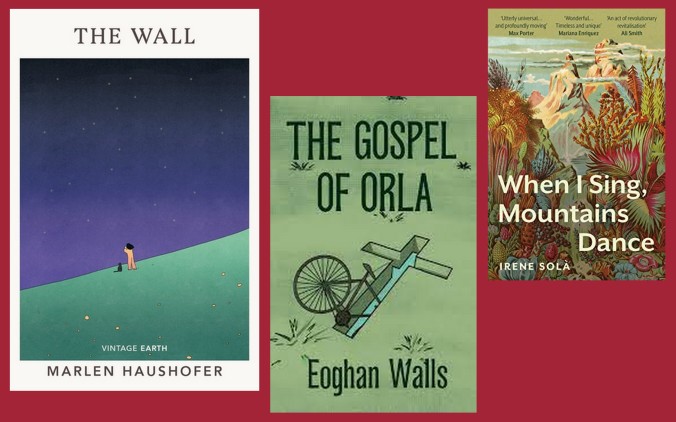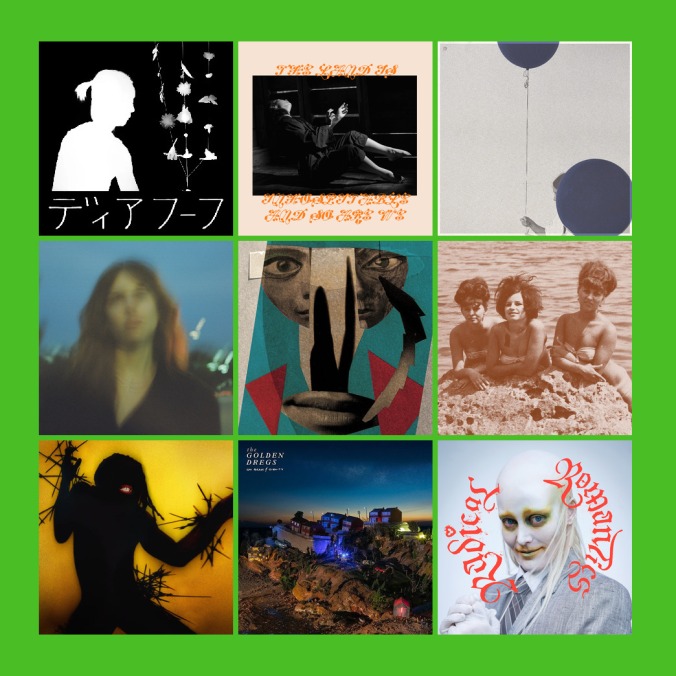I mean, you’re right, it does seem foolishly late to be going on about 2022, as we find ourselves here, already 6.5% of the way through 2023. But I didn’t get this done before now, so here we are and there we go. I’ll keep it brief anyway, and let the pretty pictures do most of the work. Below are some of my favourite things I read last year + my favourite records released in 2023 (I don’t know why, it seems kind of wrongheaded when you think about it, that I do this every year and my books are books published any year and the record are only those released in that year).
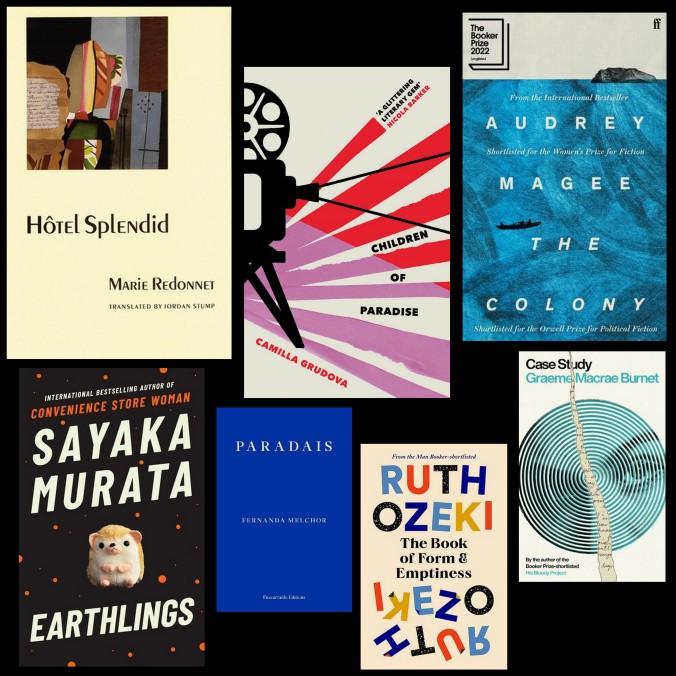
My two favourite novels of the year, Hotel Splendid by Marie Redonnet (published in 1986) and Children Of Paradise by Camilla Grudova (published this year) had much in common – both are tales of havens deteriorating, falling to rack and ruin.
Hotel Splendid is about a hotel built on the edge of a swamp, somewhere, somewhen. It is run by three sisters who argue amongst themselves and try to accommodate the series of workmen who are extending the train track through the swamp. 110 pages of damp, sinking, faulty wiring, blocked pipes, bills, illness and various other types of turmoil. Brief moments of respite shine through the gloom to make all the work seem worthwhile, but the hotel’s trajectory seems inevitable.
The setting for Children Of Paradise is an ailing old cinema, at which the narrator, known only by the pseudonym Holly, is employed. Taking on a job at the Paradise, she descends into the strange permanent-night of cinema work and finds herself sucked into a dark, dingy and surreal underworld.
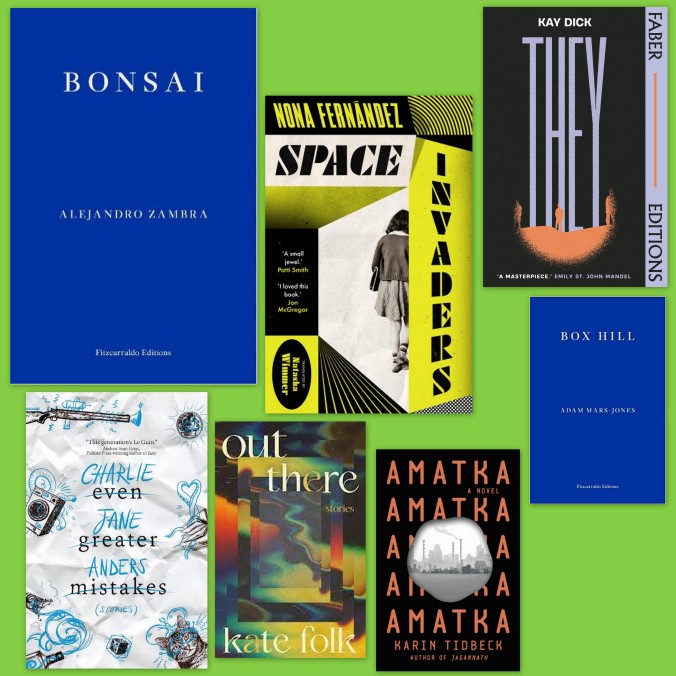
I read loads from Fitzcarraldo Editions and they pretty much all hit the spot. Paradais, the new Fernanda Melchor, dialled back the magical realism of her debut Hurricane Season (my favourite novel of the year a few years back) to become a flat, brutal, desperate tale. Box Hill by Adam Mars Jones was a beautifully-written eulogy to a time and place. Best of all was Bonsai by Alejandro Zambra, a slight but perfectly formed novella which I read in one afternoon, sitting in the sun.
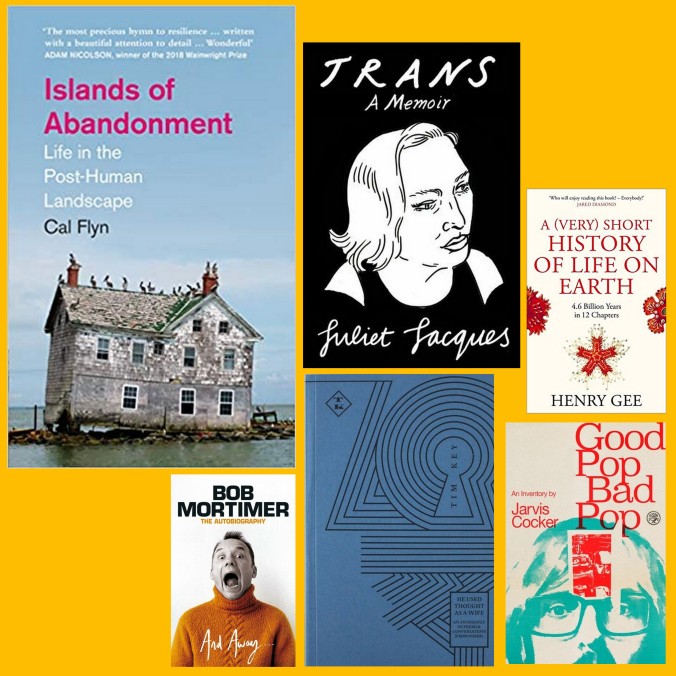
Hand in hand with my year’s favourite works of fiction, I was fascinated by Cal Flynn’s Islands Of Abandonment, and her reports from places in the world that have been abandoned by humans and taken back by nature.
Now-traditional Extra Music-Bloggery Content: My Favourite Albums Of 2021

BLACK COUNTRY, NEW ROAD – Ants From Up There
CAROLINE – Caroline
JEREMIAH CHIU & MARTA SOFIA HONER – Recordings from the Åland Islands
MITSKI – Laurel Hell
AOIFE NESSA FRANCES – Protector
MOUNDABOUT – Flowers Rot, Bring Me Stones
DRY CLEANING – Stumpwork
CLARICE JENSEN – Esthesis
THE SOFT PINK TRUTH – Is It Going To Get Any Deeper Than This?
